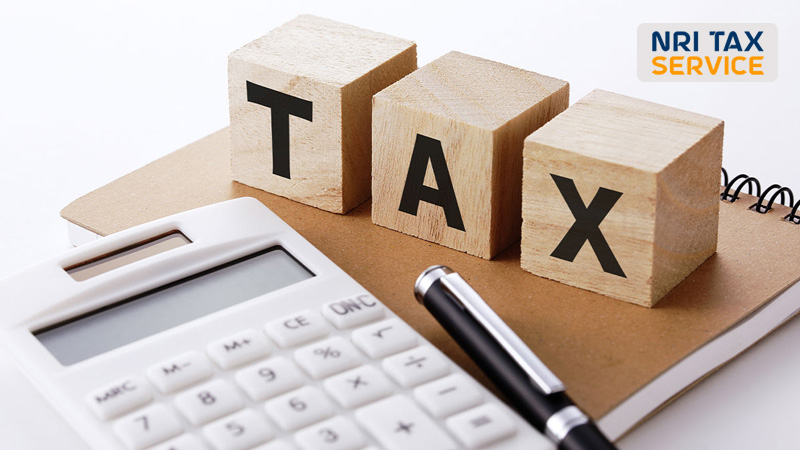With end of the financial year just around the corner, some of us would be in a hurry to make last-minute tax-saving investments. However, choosing the right tax-saver with such little time left is not easy. This is because there are several investments with varying features and tenures. And in our rush to select a financial product, we miss out on expenditures that can be claimed to save tax instead.
Here are few expenses that come with tax advantages and will help you neutralise your tax outgo for the current financial year.
Contribution to Employees’ Provident Fund
Even though not an expense, the contribution to Employees’ Provident Fund (EPF) is primarily an involuntary outflow unless one voluntarily increases the contribution. Check your (employee’s) total contributions for the year and count it towards Section 80C benefit. As a salaried individual, an employee contributes 12 per cent of his basic pay towards EPF which qualifies for tax benefit under Section 80C. The employer is supposed to match the employee’s minimum contribution of 12 per cent of the basic pay but the employee is not entitled to take tax benefit on it. Currently, (2017-18) contributions earn 8.55 per cent tax free interest.
Health Insurance Premiums
For health insurance premiums towards self, spouse, children and parents, the maximum deduction that can be availed is capped at Rs 25,000 a year, provided the age of the individual is not above 60. If the premium paid by individual is towards health policy for a parent (senior citizen with age 60 or more), the maximum is capped at Rs 30,000. Illustratively, if someone in the 30 per cent tax slab pays Rs 10,000 premium, the tax liability reduces by about Rs 3,000 and there’s a health cover to meet medical expenses.
Home Loan Principal Repayment
If you have taken a home loan, the principal repaid qualifies for tax benefit under section 80C. The equated monthly instalments (EMIs) of the home loan constitute both principal and interest. You may ask your home loan lender to issue a statement showing the provisional break-up of principal, interest for the entire year. Even partial or full principal repayment made during the year qualifies for tax benefit.
Home Loan Interest Payment
The interest component in the EMI can be claimed as deduction from “Income from house and property” under Section 24. The maximum tax deduction allowed under this section is Rs 2 lakh for self-occupied property for which the loan is taken. And if it is an under-construction property, the benefit is delayed. After possession, provided it happens within five years, the pre-construction (pre-completion) interest can be claimed from the when the construction is complete and after getting possession, in five equal instalments.
These are definitely the best ways. You can contact a reliable tax savings company that could provide the best and the most affordable services in the same.

